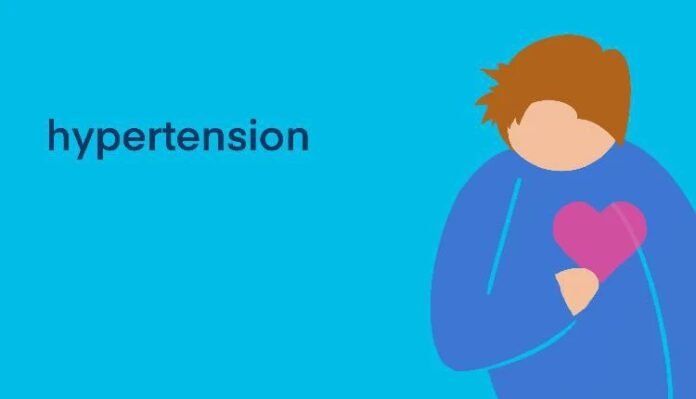Simple ways to manage hypertension are listed in this article. For the majority of sufferers of high blood pressure, lifetime treatment is necessary to prevent or postpone the serious health issues that the condition can cause.
It’s crucial to regularly check your blood pressure and fully comprehend what the readings mean, especially if you’re at risk of developing hypertension, and perhaps even high blood pressure. Your blood pressure is a key indicator of your general health. Even though you might need medication to reduce your blood pressure, you can successfully treat high blood pressure at home with a little effort. Here are some natural ways to manage hypertension you can try even if you’re taking medication that your doctor has prescribed.
Ways to manage hypertension:
Try to lose some pounds if you’re overweight
Given that obesity is a significant risk factor for hypertension, losing weight is crucial to lowering high blood pressure, particularly in obese individuals. According to some reports, an overweight person’s chance of developing hypertension can increase by a factor of two to six. It can be challenging for a heavy person to balance all of the body’s different health needs. Additionally, obesity places more strain on the heart as it works harder to pump blood throughout the body, which frequently leads to breathing issues, sleep apnea, and severe hypertension. So think about discussing safe weight loss to help with hypertension with your doctor or a dietician.
Increase Your Water Consumption
The key to keeping your blood pressure reading within normal limits may be to drink plenty of water. To keep organ blood flow from becoming compromised due to dehydration, the body releases stress hormones. This reaction can raise blood pressure. Dehydration and high blood pressure have been also linked, according to a 2015 study, but further study is required. One of the best ways to avoid dehydration is to limit your caffeine consumption and consume water frequently.
Reduce your caffeine intake
It’s not advisable for individuals with high blood pressure to consume excessive amounts of coffee or caffeine-containing energy drinks. Caffeine, which is a derivative of adrenaline, causes blood vessels to narrow and the heart to beat more quickly, both of which start raising blood pressure. Ask your doctor if you need to change your morning coffee routine if you have high blood pressure because high levels of caffeine, according to experts, can make blood pressure regulation worse. The Food and Drug Administration (FDA) deems 400 milligrammes, or nearly equal to four cups of coffee, to be safe for the general populace, but the majority of experts advise 200 milligrammes or less, or two cups of coffee, for those with hypertension that has already developed.
Exercise on a regular basis
Regular exercise helps reduce high blood pressure in addition to aiding in weight loss. Regardless of one’s age, sex, or other factors, blood pressure dropped in the hours following exercise, according to a 2016 study. Systolic blood pressure levels may decrease as a result of this effect of 10 to 15 mmHg. The majority of medical professionals advise engaging in aerobic activity for a minimum of 30 minutes each day. Doctors advise at least fifteen to twenty minutes a day, from five to seven days a week, if you are unable to complete the full 30 minutes. There are many different types of aerobic exercise you can do, including walking, running, swimming, using an elliptical machine, biking, and playing tennis.
Avoid consuming processed foods
Many doctors advise patients to consume fewer processed foods because eating well can help lower high blood pressure. People with high blood pressure should steer clear of processed foods because they frequently contain high amounts of sodium and saturated fat. As a general rule, fill your plate with food in a variety of colours. Increased consumption of berries, bananas, beets, dark chocolate, kiwi fruit, melon, lentils, pomegranates, cinnamon, unsalted pistachios, as well as yoghurt is advised by doctors.
Reduce Stress by Meditating and Sleeping
The stress hormones cortisol, as well as adrenaline, can become chronically elevated as a result of ongoing stress. These hormones make you gain weight and tighten your blood vessels, which raises your blood pressure even more. The use of breathing techniques, meditation, physical activity, yoga, getting enough sleep, taking naps throughout the day, choosing to spend time in nature, listening to music, and maintaining a healthy diet are all methods recommended by experts for lowering stress.


